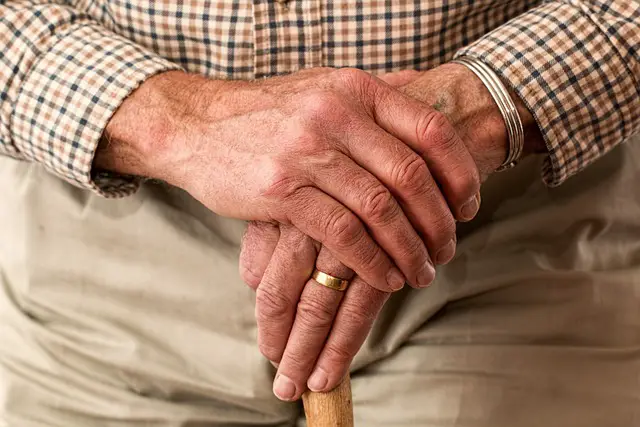As we age, our physical abilities can decline, making us more susceptible to accidents and injuries. This can be especially concerning for seniors who live alone. According to the National Council on Aging, falls are the leading cause of injury among seniors. Seniors living alone are particularly vulnerable to falls and other accidents. The goal of this article is to provide comprehensive home safety tips for seniors living alone, including recommendations for identifying potential hazards and risks, modifying the home for safety, and preparing for emergencies.
Assessing Home Safety
Before making any modifications to a home, it’s essential to conduct a home safety assessment. Here are some key areas to inspect:
- Lighting: Ensure that all areas of the home are well-lit, especially in high traffic areas.
- Flooring: Check for any uneven surfaces or loose rugs that could pose a trip hazard.
- Stairs: Install handrails and make sure stairs are well-lit and in good repair.
- Bathrooms: Install grab bars and non-slip mats in the shower or bathtub.
- Kitchen: Ensure that appliances are in good working order and not in danger of tipping over.
- Outdoor areas: Remove any potential tripping hazards, such as rocks or garden hoses.
Kitchen Safety
The kitchen can be a hazardous area for seniors living alone. Here are some tips for keeping the kitchen safe:
- Install smoke detectors and fire extinguishers in the kitchen.
- Avoid using the stove if feeling dizzy or sleepy.
- Use a microwave or electric kettle instead of a stove to heat up water.
- Store heavy items and sharp objects within reach.
- Keep the floors clean and dry to avoid slips.
Bathroom Safety
The bathroom can be a dangerous place for seniors. Here are some tips for keeping the bathroom safe:
- Install grab bars and non-slip mats in the shower or bathtub.
- Use a shower chair or bench for added safety.
- Ensure the toilet seat is at a comfortable height.
- Avoid using bath oil or bubble bath products that can make the tub slippery.
- Store medications in a safe place, and dispose of them properly.
Bedroom Safety
Here are some tips for keeping the bedroom safe:
- Choose a bed that is easy to get in and out of.
- Install a nightlight to provide illumination for nighttime trips to the bathroom.
- Keep the floors free of clutter and tripping hazards.
- Ensure that heating and cooling equipment is in good working order and installed safely.
Living Room Safety
The living room is a place where seniors spend a lot of time. Here are some tips for keeping it safe:
- Choose safe furniture that is sturdy and won’t tip over easily.
- Ensure that electrical cords are not frayed or damaged.
- Avoid smoking in the home, as smoking can increase the risk of fires.
Stair Safety
Falls on stairs are a common cause of injury among seniors. Here are some tips for keeping stairs safe:
- Install handrails on both sides of the stairs.
- Ensure that stairs are well-lit.
- Avoid carrying heavy objects up or down the stairs.
- Keep stairs free of clutter and tripping hazards.
Outdoor Safety
Outdoor activities can be a great way for seniors to stay active and engaged. Here are some tips for staying safe while enjoying the outdoors:
- Dress appropriately for the weather.
- Use sunscreen and insect repellent as needed.
- Avoid walking on uneven or slippery surfaces.
- Stay hydrated.
Emergency Preparedness
Seniors living alone should be prepared for emergencies. Here are some tips for emergency preparedness:
- Keep a phone nearby and make sure it’s charged.
- Create a list of emergency phone numbers and keep it in a visible location.
- Consider getting a medical alert system that can be worn in case of an emergency.
- Keep a first aid kit on hand.
- Have an emergency plan in place, including a designated meeting place and a plan for evacuating the home if necessary.
Conclusion
Ensuring the Home Safety Tips for Seniors Living Alone is crucial for their health and wellbeing. By conducting a home safety assessment, making modifications to the home, and being prepared for emergencies, seniors can live independently while also staying safe.

